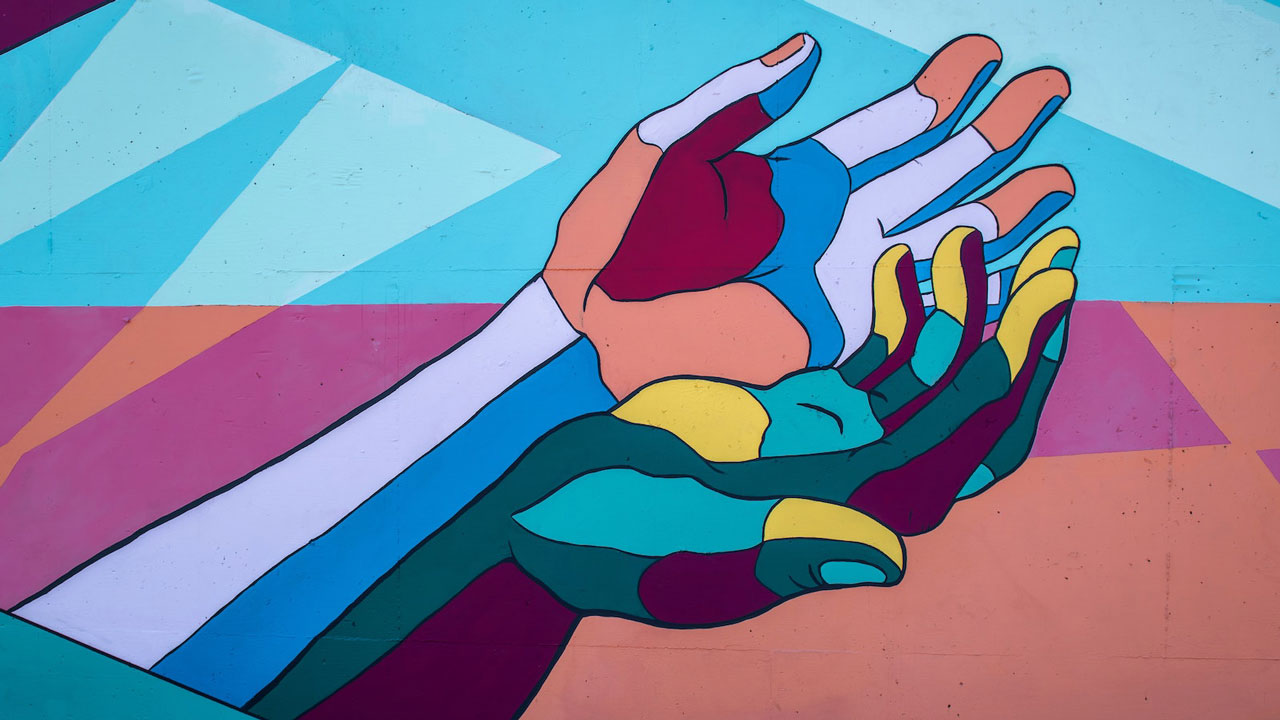It is difficult to imagine a world without social media – and it’s even more shocking to find out that the meteoric rise of platforms like Facebook and Instagram occurred just within the past decade.
Instagram, for example, was launched in 2010. In its less than ten years of existence, it has become a mainstay in society globally – culturally, politically, and economically essential within our lives. In fact, a survey by JUV Consulting found that Instagram dominated as the preferred social media platform within Generation Z by a factor of nearly four times the nearest competitor. This is a remarkable statistic and one that will surely turn even more advertising dollars towards the platform.
However, while Generation Z has grown up alongside today’s key social media platforms, the very same platforms that brought fame and possibilities for human interaction have also presented a myriad of negative effects, especially with regards to the exacerbation of feelings of un-inclusivity and mental health issues. In late 2019, JUV Consulting conducted a research study on whether social media impacts the mental health of respondents positively or negatively. The findings are eye-opening, and there is quite significant variation along certain demographical lines: specifically, gender and race.
Gender
54% of respondents who identify as female said that social media plays a negative role in their mental health, representing a majority who feel this way. In stark contrast, about 71% of male respondents said that social media plays a positive role in their mental health. This deep divide is incredibly significant – and revealing of the unending differences in societal pressures dependent on gender that have only been made more intense through the rise of social media. Platforms, marketers, and individuals must be wary of these implications and look to be champions of modern ideas of gender equality.
Race
A majority of respondents of Hispanic descent feel that social media plays a negative role in mental health. This trend is magnified when separated by gender, with 60% of female Hispanic respondents echoing this sentiment. 52% of Asian respondents claimed that social media plays a positive role in their mental health, representing a modest majority within this demographic. Black and African American respondents were the most likely to feel that social media has a positive impact on their mental health, with 72% of them saying so. What these numbers ultimately tell us is that each race experiences social media in vastly different ways.
These might be a product of unique communities or shared cultures, but this separation in overall attitudes is important to discuss further. These findings also pose tremendous opportunities for brands, organizations, and individuals to better appeal to different demographic groups.
The Bright Side
While mental health is a deservedly growing concern that companies need to address in their approach to appealing with Generation Z, not everything about social media is in such a divided or precarious state. It is still the best way for people to build relationships, maintain friendships, and learn more about the world.
Overwhelmingly, across both gender and race, respondents believe that social media brings them closer to friends. On average, 83% of respondents felt this way.

